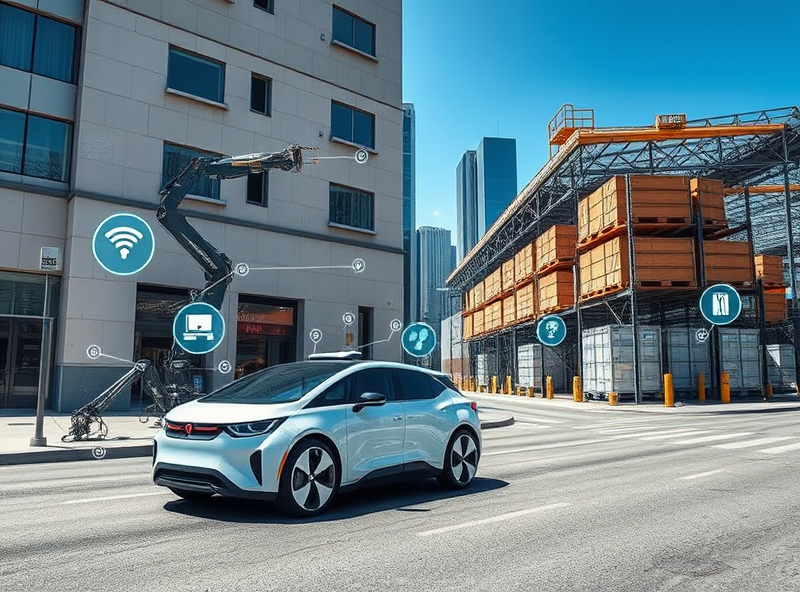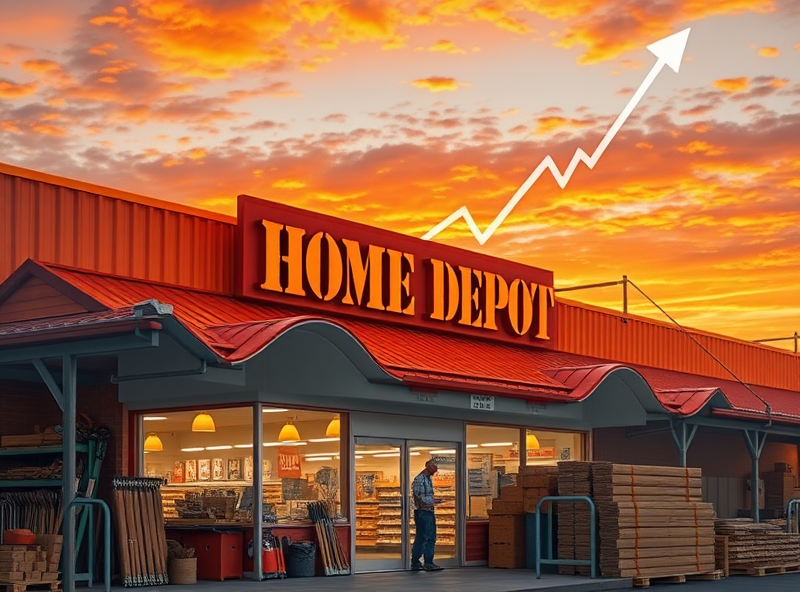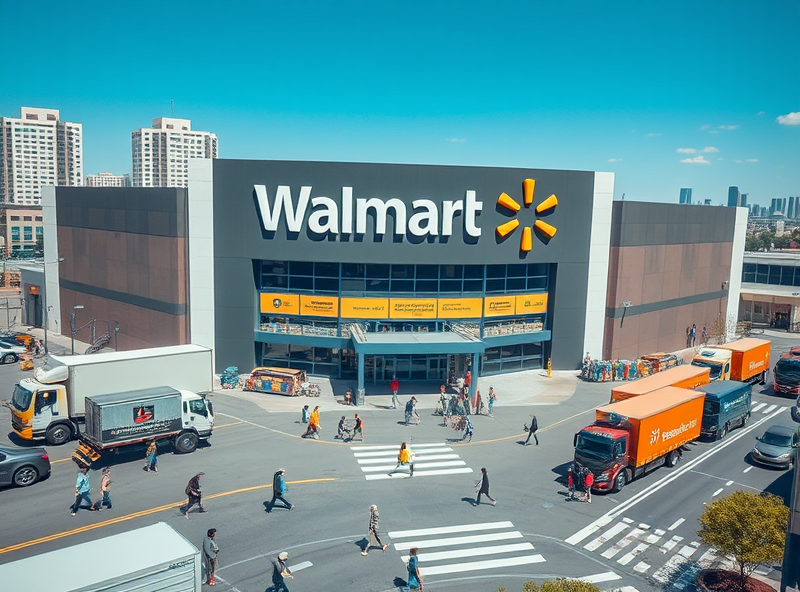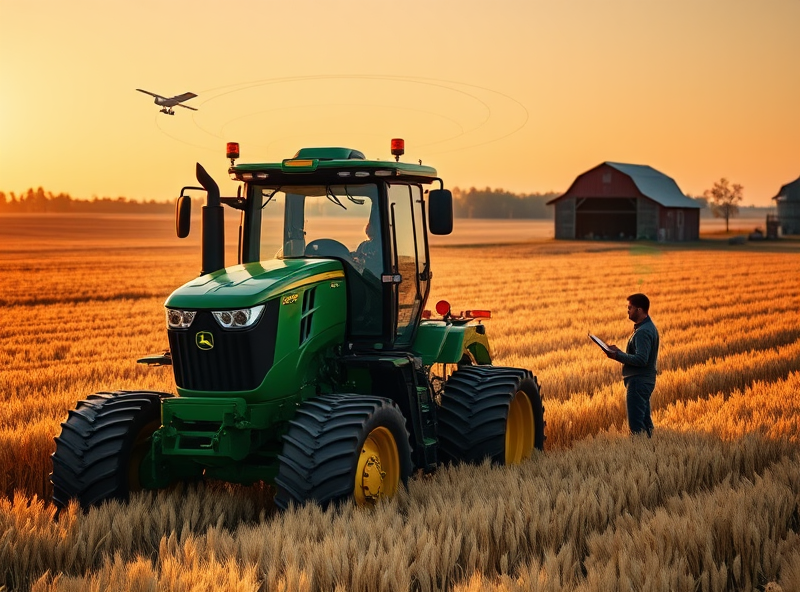
How John Deere’s Smart Tractors Are Transforming Farming in 2025
Breakthroughs in Autonomous Farming Technology
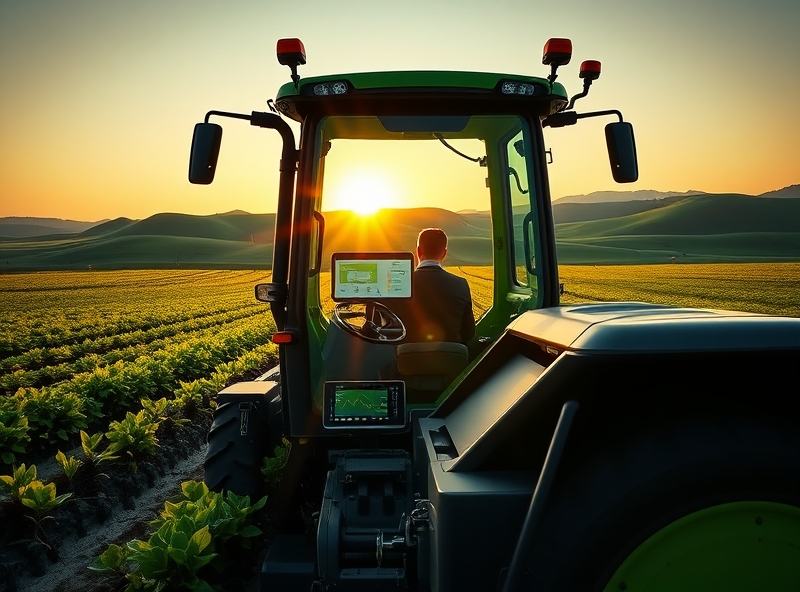
In 2025, John Deere’s smart tractors are leading a quiet revolution in agriculture, making farming more efficient, sustainable, and accessible. These autonomous machines are no longer just about GPS-guided steering—they now integrate advanced AI, computer vision, and real-time data analytics to perform complex tasks with minimal human intervention.
One of the most significant breakthroughs is real-time crop and soil monitoring. John Deere’s smart tractors are equipped with sensors and machine learning algorithms that analyze soil composition, moisture levels, and plant health on the go. This allows farmers to make data-driven decisions about irrigation, fertilization, and harvesting, reducing waste and increasing yield.
Another key innovation is the use of computer vision for precision planting and weeding. The tractors can now distinguish between crops and weeds with remarkable accuracy, applying herbicides only where needed. This not only saves money but also significantly reduces environmental impact.
Additionally, John Deere has enhanced connectivity through its Operations Center, a cloud-based platform that syncs all machinery and field data. Farmers can monitor equipment performance, schedule maintenance, and plan field operations remotely, improving productivity and reducing downtime.
These technologies are especially beneficial for small to mid-sized farms, helping them stay competitive without needing large labor forces. As labor shortages continue to challenge the agricultural sector, autonomous farming solutions like these are becoming essential tools for the future of food production.
For more information, you can visit John Deere’s official technology page: https://www.deere.com/en/technology-products/
New Tractor Models Designed for Smart Agriculture
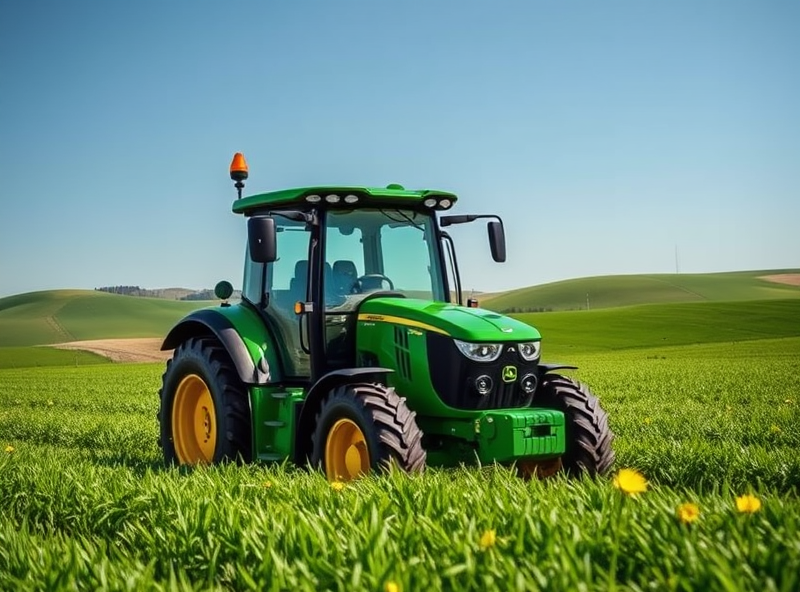
As we step into 2025, John Deere continues to lead the way in smart agriculture with its latest line of autonomous and connected tractors. These new models are not just machines—they’re intelligent farming partners designed to optimize productivity, reduce labor, and promote sustainable practices.
The new John Deere smart tractors are equipped with advanced AI-driven systems, GPS-based precision navigation, and real-time data analytics. This allows farmers to automate tasks like planting, fertilizing, and harvesting with pinpoint accuracy. The result? Higher crop yields, reduced waste, and lower operational costs.
One of the standout features is the integration of John Deere’s Operations Center, a cloud-based platform that collects and analyzes data from each tractor. Farmers can monitor field conditions, track equipment performance, and make data-driven decisions from their smartphones or tablets. This connectivity ensures that every pass across the field is optimized for efficiency and environmental impact.
Moreover, these tractors are designed with sustainability in mind. With electric and hybrid powertrain options, John Deere is helping reduce carbon emissions while maintaining high performance. The use of machine learning also means the tractors improve over time, adapting to specific field conditions and farming practices.
These innovations are not just about technology—they’re about empowering farmers to do more with less, ensuring food security, and protecting our planet. For more details on John Deere’s smart farming technology, you can visit their official site: https://www.deere.com/en/technology-products/precision-ag-technology/
Strong Financial Results Driven by Precision Ag
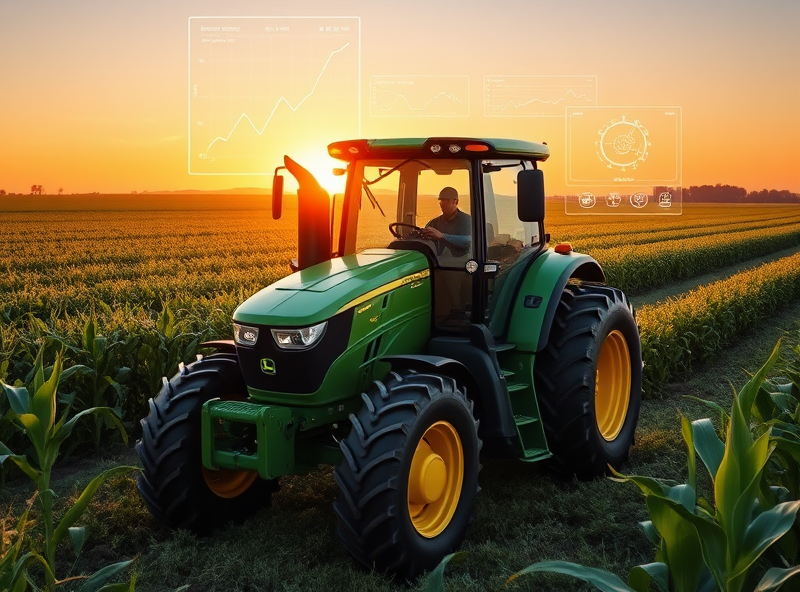
John Deere’s smart tractors are doing more than just plowing fields—they’re revolutionizing agriculture and driving strong financial returns for farmers in 2025. With precision agriculture technologies like GPS-guided automation, real-time data analytics, and AI-powered decision-making, farmers are seeing significant boosts in productivity and profitability.
At the heart of this transformation is John Deere’s investment in autonomous and semi-autonomous machinery. These smart tractors can plant, fertilize, and harvest with pinpoint accuracy, reducing waste and maximizing yield. For example, variable rate technology (VRT) allows farmers to apply the exact amount of inputs—like seeds, water, and fertilizer—only where needed, cutting costs and improving sustainability.
The financial impact is clear. According to recent reports, farms that adopt precision ag tools have seen up to a 20% increase in crop yields and a 15% reduction in input costs. These improvements translate into stronger bottom lines and better resilience against market volatility and climate challenges.
Moreover, John Deere’s integration of cloud-based platforms like Operations Center enables farmers to monitor equipment performance, track field data, and make informed decisions from anywhere. This level of control not only enhances operational efficiency but also helps farmers plan better for the future.
As smart farming continues to evolve, the economic benefits are becoming too significant to ignore. Precision agriculture is no longer a luxury—it’s a necessity for sustainable and profitable farming in 2025 and beyond.
For more insights on John Deere’s precision ag technology, you can visit their official page: https://www.deere.com/en/technology-products/precision-ag-technology/
Deere’s Strategic Vision for Robotic and AI Farming
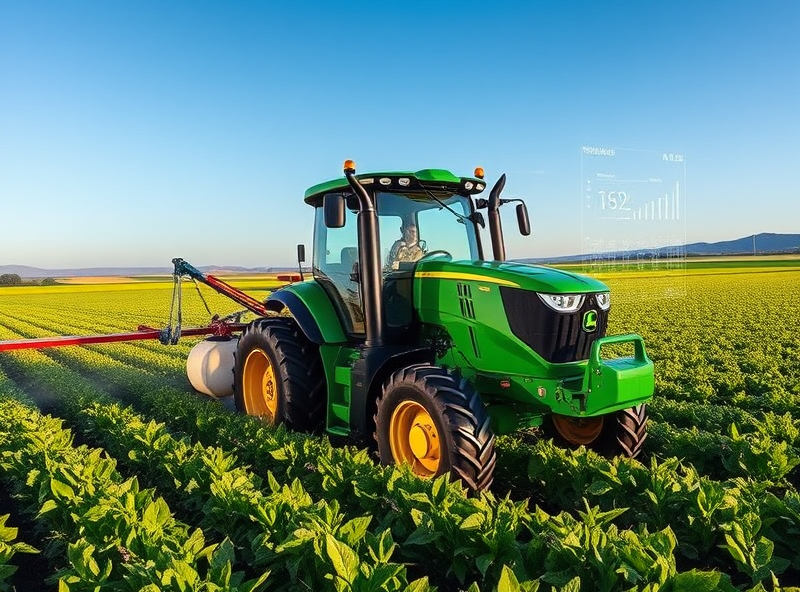
In 2025, John Deere is leading a quiet revolution in agriculture by integrating robotics and artificial intelligence into its smart tractors. This strategic vision is not just about automation—it’s about transforming how farmers manage their land, optimize yields, and reduce environmental impact.
At the heart of Deere’s strategy is the use of autonomous tractors equipped with AI-powered computer vision and machine learning. These tractors can identify crops, detect weeds, and make real-time decisions about seeding, fertilizing, and harvesting. This level of precision farming allows for better resource management, reducing the need for excessive water, chemicals, and fuel.
One of the most impactful innovations is Deere’s See & Spray™ technology, which uses advanced cameras and AI to distinguish between crops and weeds, applying herbicide only where needed. This not only cuts chemical use by up to 77% but also supports sustainable farming practices that are better for the planet and for farmers’ bottom lines.
Moreover, John Deere’s acquisition of Silicon Valley-based Blue River Technology has accelerated its AI capabilities. The company’s cloud-based platform enables real-time data collection and analysis, helping farmers make smarter decisions from planting to harvest.
For farmers, this means more than just convenience—it means higher yields, lower costs, and a more sustainable future. As global food demand rises, Deere’s strategic vision offers a practical path forward for agriculture to meet these challenges through innovation.
To learn more about John Deere’s autonomous farming technology, you can visit their official innovation page: https://www.deere.com/en/technology-products/precision-ag-technology/

